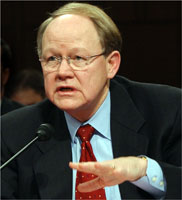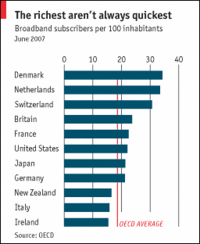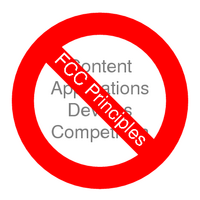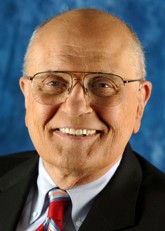 A few days ago I remarked that
potential loss of liability protection
probably wouldn’t stop the telcos from filtering all Internet traffic
because they’d get immunity, possibly in the FISA legislation currently
being debated in the Senate.
A few days later, the New Yorker revealed that
the White House indeed has a plan for that:
A few days ago I remarked that
potential loss of liability protection
probably wouldn’t stop the telcos from filtering all Internet traffic
because they’d get immunity, possibly in the FISA legislation currently
being debated in the Senate.
A few days later, the New Yorker revealed that
the White House indeed has a plan for that:
“The real question is what to do about industry,” McConnell told me. “Ninety-five per cent of this is a private-sector problem.” He claimed that cyber-theft accounted for as much as a hundred billion dollars in annual losses to the American economy. “The real problem is the perpetrator who doesn’t care about stealing—he just wants to destroy.” The plan will propose restrictions that are certain to be unpopular. In order for cyberspace to be policed, Internet activity will have to be closely monitored. Ed Giorgio, who is working with McConnell on the plan, said that would mean giving government the authority to examine the content of any e-mail, file transfer, or Web search. “Google has records that could help in a cyber-investigation,” he said. Giorgio warned me, “We have a saying in this business: ‘Privacy and security are a zero-sum game.’ ”Bruce Schneier has already demolished the “privacy vs. security” canard: it’s really liberty vs. control.— The Spymaster, by Lawrence Wright, The New Yorker, 21 January 2008
It figures that it would be Director of National Intelligence Mike McConnell pushing monitoring the whole Internet, since he’s one of the key figures behind retroactive telecom immunity for illegal warrantless wiretapping. That was a bad idea, and this is also a bad idea.
But it’s also why AT&T may have good reason to believe there’d be no liability for filtering the entire Internet.
-jsq





 Transparency via memo leak?
Transparency via memo leak?

